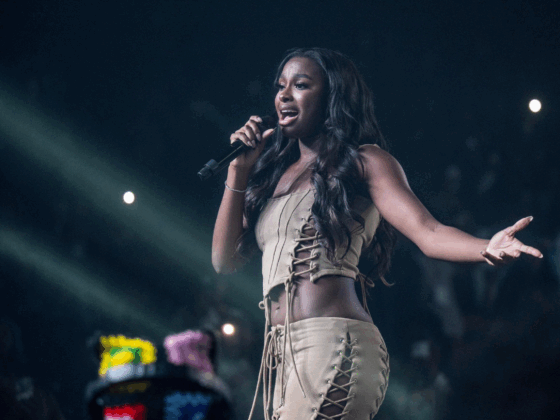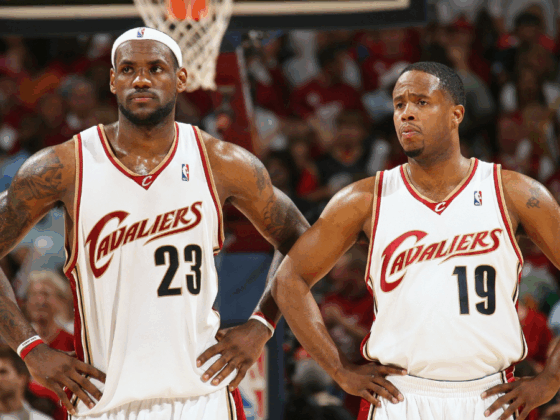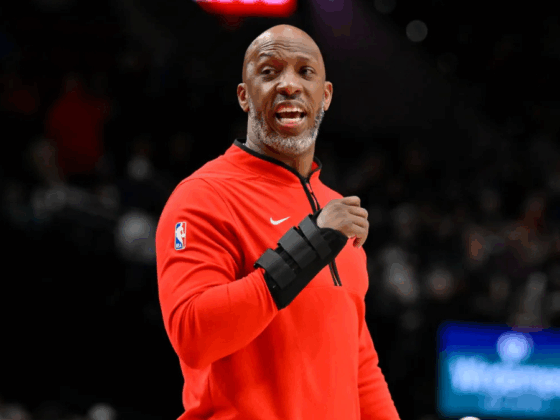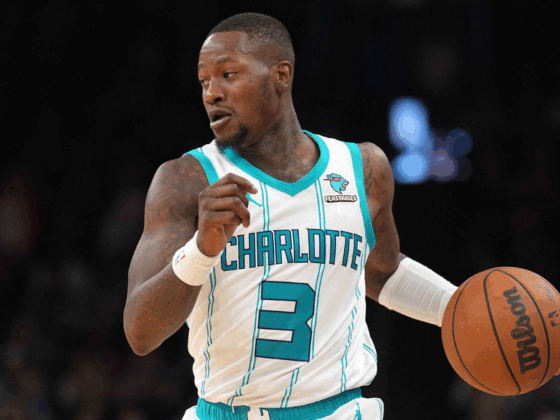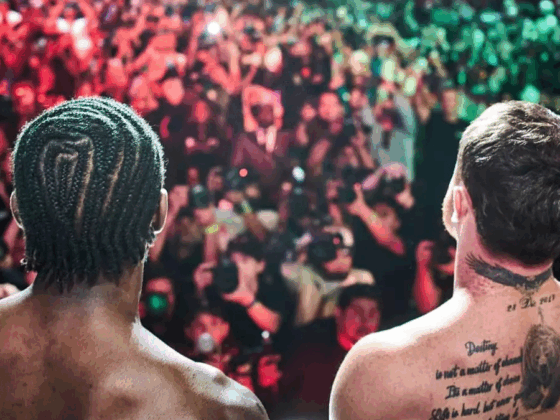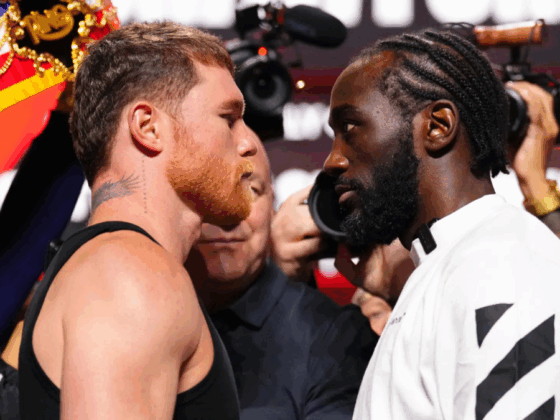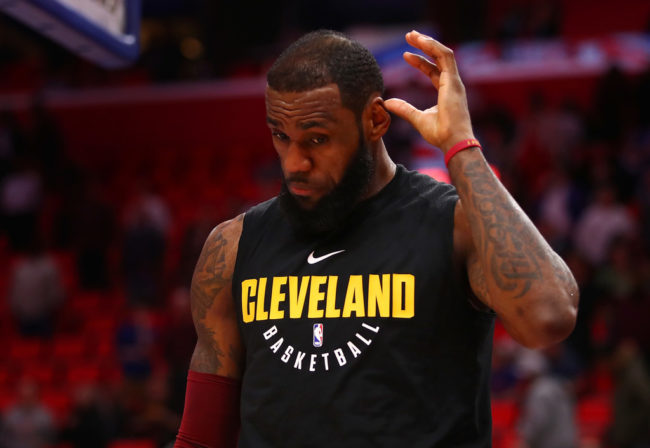
Excitement filled the air when the Cavaliers traded disgruntled guard Kyrie Irving to Boston for Isaiah Thomas, Jae Crowder and a 2018 first-round pick last summer — that is until the severity of Isaiah Thomas’ hip injury was discovered.
LeBron James wasn’t impressed upon hearing the news, this coming from a new ESPN.com article:
Then there was the transaction. It’s well known that James preferred the Cavs not trade Irving, but there was more. Sources close to James, a master of applying leverage, said he was less than impressed by how the Cavs handled reworking the Irving deal once the severity of Thomas’ injury became clear.
Had the Cavs backed out, which they considered doing for several days, the Celtics would have been in a tough position. They had already celebrated Irving’s arrival and would have alienated Thomas and Jae Crowder. Adding to the Cavs’ leverage was the nature of Thomas’ hip injury becoming public, thereby further diminishing his trade value and putting Boston in an even tighter spot if the deal fell through.
When the dust settled, the fact that Cleveland got only a second-round pick after pausing the deal — and not an additional first-rounder or young player such as Jayson Tatum, Jaylen Brown or Terry Rozier — didn’t just disappoint James as a basketball player. It disappointed him as a businessman.
The Isaiah Thomas experiment never panned out the way Cleveland hoped, and the team traded him to the Lakers last month prior to the trade deadline. It’s important to note LeBron’s disappointment in the team’s decision, as he becomes a free agent on July 1.
The Cavaliers are 7-5 since the trade deadline, where they sent nearly half of the active roster away in trades. With one month left of the NBA season, the team remains ten games away from first place. It’s become increasingly obvious this Cavaliers roster is the worst Playoff-bound team since LeBron James returned to Cleveland in the summer of 2014, something that’ll worry fans less than four months before James is no longer under contract.
